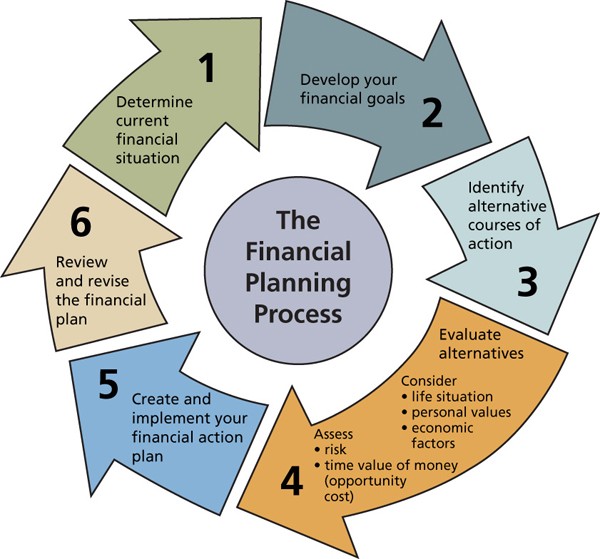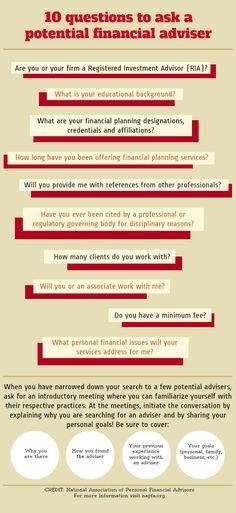Fee Based Financial Advisor How do financial advisors get paid
Post on: 6 Май, 2015 No Comment

Most of us wouldnt dream of performing surgery on ourselves, pleading our own case in court, or designing structural supports for a house. But, amazingly, many doctors, lawyers, architects and people from all walks of life design and carry out their own investment plans.
Do-it-yourself investing often delivers results that are unfavorable for retirement and other plans.
If you have built up significant savings of at least $50,000 or more, it is time to consider bringing in a professional investment advisor to help preserve and expand your nest egg. Someone trained, credentialed and experienced in investment planning can help you design and execute a plan that best meets your needs and tolerance for risk. And theres no better time than the present to get started.
Choosing an advisor
The worst mistake people make in selecting an investment advisor is simply not getting around to it. Being passive and allowing savings to sit in unproductive accounts will not help meet your goals. Nor will hyperactivity, shuffling money here and there every time you hear a new opportunity, deliver long-term success. A well-designed plan, carefully implemented, is the key.
The second-worst mistake is choosing an investment advisor carelessly going with the first person that hands you a business card saying financial advisor. Dont entrust your money to someone until you get to know them.
Instead, take time to search out and hire an investment advisor. Get recommendations from your attorney, accountant or friends in similar circumstance. Then conduct job interviews before hiring the advisor you believe can best serve your needs.
Good criteria for selecting an advisor:
- Qualifications — What degrees, certifications and designations has the advisor earned? A Certified Financial Planner TM (CFP ), Chartered Mutual Fund Counselor SM (CMFC ) or Chartered Financial Analyst (CFA ) has been trained and tested in helping plan your portfolio. Titles do not guarantee good results, but they can weed out advisors who are untrained.
- Experience — How long has the advisor been working in the investment field? What firms has he or she been with? What kind of clients have they served? Dont be afraid to ask for a resume and copies of filings for licensure with the Securities and Exchange Commission (SEC) or other agencies. Ask if he or she has ever been disciplined by a regulatory agency. You may not want to hire an advisor who is new to the job or one who is less than open about their experience.
- Process — An investment advisor should outline a clear approach to designing the investment plan that fits you, including analysis of your goals, needs and risk tolerance. In addition, he or she should outline an approach to accumulating savings, identifying the types of assets for investment, and setting a routine for communicating with you regularly. Everyone is different, but you may want a quarterly, semiannual or annual meeting to update your plan.
- Support Is your advisor going it alone or do they have research and analytics to support their advice?

How do financial advisors get paid? Fees and incentives
Lets face it: Most people do what they are paid to do. In selecting an investment advisor, you need to find out how that person (and his or her firm) will be paid while helping you manage your wealth. Sources of pay are powerful incentives that can influence the advice you get.
For example, a stockbroker may have long experience, but the broker and his employer are paid through commissions on transactions. Each time you buy or sell a stock or bond, it generates a commission, which is a cost that comes out of your nest egg and goes into the brokers pocket.
Similar incentives apply to advisors who sell insurance products, annuities or mutual funds that carry loads, which are transaction charges to move in or out of funds.
In contrast, a fee only advisor charges you a fee that is disclosed up front and does not change based on transactions in your account. Two approaches are to pay a percentage of assets under management (say, 1 percent a year) for advisory services or to charge a fixed fee to develop your plan, perhaps with hourly fees to maintain it.
The Mutual Fund Store uses a percentage of assets under management. This approach always keeps the client’s best interest in mind and ties our financial incentive to meeting your investment goals.
Building a relationship
An investment advisor is not someone to meet once and never see again. You need to build a high-quality relationship that serves your needs and preferences. A key role of an advisor is to listen to your needs and concerns, and to provide the objective feedback and experience in financial markets that will keep your plans on track.
From the start, you and the investment advisor should agree on expectations for communication. How often will the firm report results to you? Will these reports provide information in a form that is clear and useful to you? How often will the advisor call you? Will you meet once a year, twice a year, or more, to be sure you are staying on track with your goals?
You should realize that advisors generally get paid whether they communicate with clients or not. Some may find it more profitable to spend their time looking for new clients, or calling those who generate frequent trades. But whats going on with your money should never be a mystery.
The Mutual Fund Store recommends that advisors set a regular schedule for communicating that suits your preferences.
Getting to work
Once you have chosen your investment advisor, its time to get to work to develop a thorough, detailed plan of action for investing your assets and building your financial future. The first step is making that connection with an advisor you trust.














